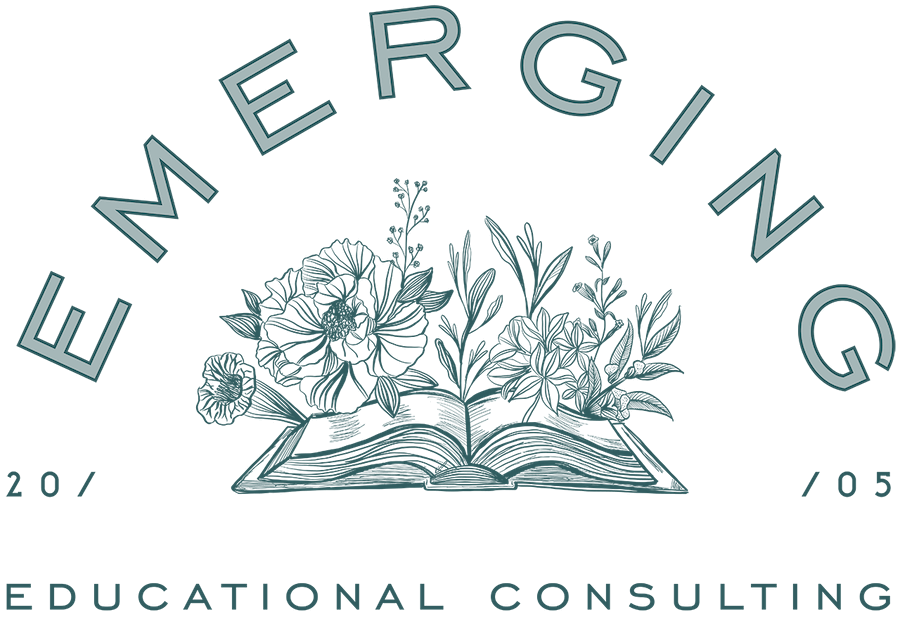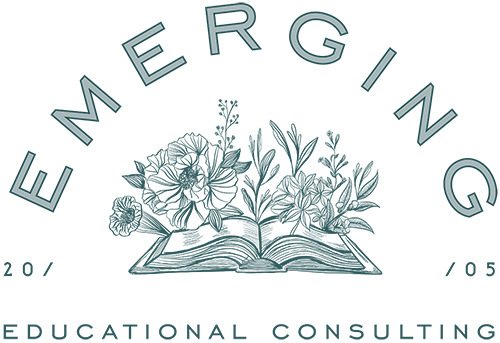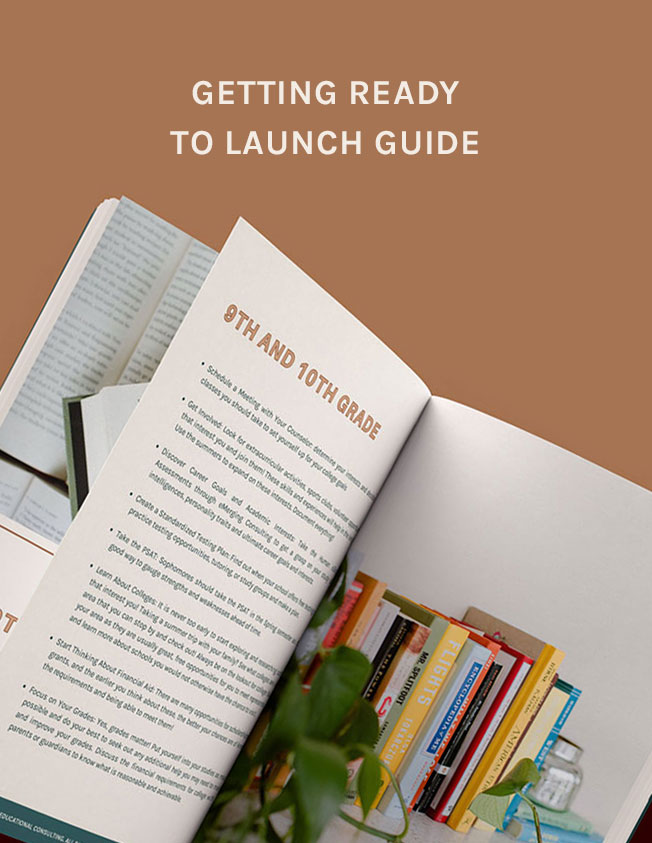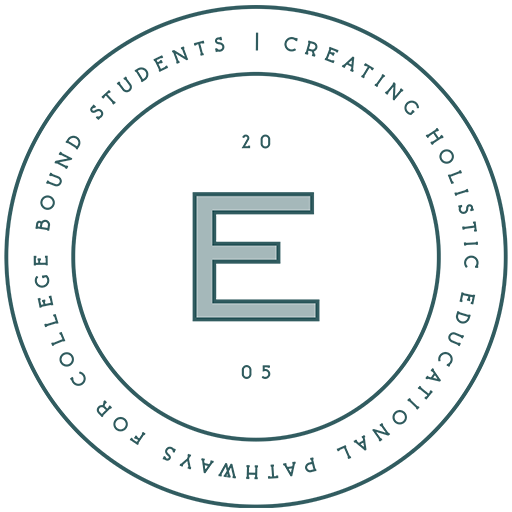Research for High School Students
Engaging in High School Student Research can significantly enhance a student’s résumé, making them stand out in college applications and future endeavors. Here’s how high school student research can uplevel a résumé:
1. Demonstrates Intellectual Curiosity
- How it Helps: Conducting research shows that a student is genuinely interested in learning and discovering new information beyond the standard curriculum. It reflects a strong drive to explore topics in-depth, which college admissions officers value.
- Résumé Impact: Colleges love seeing evidence of intellectual curiosity, and research projects showcase a student’s ability to take initiative and delve deeply into subjects that interest them.
2. Showcases Critical Thinking and Problem-Solving Skills
- How it Helps: Research involves identifying problems, gathering data, analyzing information, and drawing conclusions. These processes require high-level critical thinking and problem-solving skills.
- Résumé Impact: Highlighting research experience shows colleges that a student can tackle complex problems methodically, skills that are highly valued in higher education and beyond.
3. Highlights Self-Motivation and Initiative
- How it Helps: Research projects, especially those that are independent, require students to take initiative, manage their own time, and set goals. It demonstrates a student’s ability to work autonomously.
- Résumé Impact: This quality is particularly impressive to colleges and future employers because it shows that the student can succeed in unstructured environments and pursue their goals independently.
4. Builds Collaboration and Communication Skills
- How it Helps: Many research projects involve working with mentors, professors, or fellow students. Collaborative research builds teamwork and communication skills, as students must often discuss ideas, share data, and present their findings.
- Résumé Impact: Listing research collaborations on a résumé emphasizes interpersonal skills, an ability to work well in teams, and effective communication—qualities that both colleges and employers value.
5. Adds Depth to a College Application
- How it Helps: Research experience can be the backbone of a student’s application essays, such as the personal statement or “Why Major” essays. It provides concrete examples of their passions and aspirations.
- Résumé Impact: Students can mention their research in their college essays to explain how these experiences have shaped their academic interests and career goals. Admissions officers are more likely to remember students with unique, in-depth experiences.
6. Shows Mastery of Time Management
- How it Helps: Balancing research with schoolwork, extracurriculars, and social life requires careful time management. Successfully completing a research project signals that the student is capable of juggling multiple responsibilities.
- Résumé Impact: Colleges and employers appreciate students who demonstrate effective time management and the ability to work on long-term projects while meeting deadlines.
7. Offers Tangible Outcomes and Achievements
- How it Helps: Research often results in a finished product—such as a paper, presentation, or even a published article—that can be showcased. These tangible outcomes provide clear evidence of the student’s achievements and ability to follow through on a project.
- Résumé Impact: If a student’s research leads to a presentation at a conference or publication in a journal, it significantly boosts their résumé. These accomplishments are impressive markers of a student’s commitment and success.
8. Prepares for College-Level Research
- How it Helps: High school research experience prepares students for the academic challenges they will face in college. They develop research skills, including how to gather data, use academic sources, and structure research papers.
- Résumé Impact: Listing high school research shows that the student is already equipped for college-level coursework and research projects, giving them an edge over applicants who lack this experience.
9. Opens Doors for Scholarships and Competitions
- How it Helps: Research experience can help students qualify for scholarships or grants that require demonstrated academic or research achievements. It can also lead to awards or recognition in science fairs or competitions.
- Résumé Impact: Being recognized for research through scholarships, grants, or competitions adds prestige to a résumé and makes the student more competitive in both college admissions and scholarship applications.
10. Provides Strong References
- How it Helps: Working with a mentor, professor, or research advisor gives students the opportunity to build strong relationships with experts in their field. These individuals can provide detailed and impactful letters of recommendation for college applications or jobs.
- Résumé Impact: Having a strong reference from a research mentor is a major asset for college applications and can make a significant difference in admissions decisions.
How to Feature Research on a Résumé:
- Title of Research Project: Include the official title of the project to give it credibility.
- Brief Description: Summarize the research topic and objectives in 1-2 sentences.
- Outcome: Highlight any significant results, publications, or presentations.
- Mentorship: Mention if you worked under the supervision of a professor or industry expert.
- Skills Developed: List key skills gained, such as data analysis, critical thinking, or teamwork.
Example of How to List on a Résumé:
Independent Research Project: “Exploring the Impact of Renewable Energy on Urban Development”
Conducted a 6-month independent research project under the mentorship of Dr. Smith from the University of Birmingham in Alabama. Analyzed the integration of renewable energy sources into urban planning, presented findings at the XYZ Science Fair, and published in the “Organizational Commitment of Lecturer:
Investigation of Generation X in XYZ University”. Developed strong critical thinking, data analysis, and time management skills.
What are the different kinds of research?
Summarized from Dr. Robert Malkin’s Book: A Guide to Academic Research for High School Students
-
Original Research:
Involves gathering new, previously unknown data to answer a specific research question. Methods can include surveys, experiments, observations, interviews, case studies, chart studies, and quantitative, and qualitative research. This is the most commonly envisioned form of research.
-
Systematic Review:
A comprehensive literature review involves searching for relevant studies or documents, evaluating them, and sometimes synthesizing their results. This often includes a meta-analysis, which is a statistical analysis of the studies’ combined data.
-
Secondary Analysis:
Often used by graduate students, this involves analyzing data collected by others, typically from the same lab, to answer a new research question or to gain a different perspective.
-
Open-Source Data Analysis:
A type of secondary analysis that uses data collected by individuals or organizations outside of the primary research group. Open-source data is especially valuable in fields where experiments are costly or require large data sets.
-
Method Development:
Focuses on creating new methods or improving existing ones. The development of research methods can be as crucial as their application. An example cited is the Nobel Prize awarded for advancements in mRNA vaccine development.
-
Citizen Science:
Research where data is collected by laypeople with no formal laboratory affiliation. Although citizen science can contribute to real research, it is not typically considered a formal academic research activity for high school students’ résumés or college applications.
Programs that offer Research for High Schoolers
- Common Research Topics:
- Humanities: Literature analysis, historical case studies, philosophy.
- Social Sciences: Political science, sociology, international relations, anthropology.
- Natural Sciences: Environmental sustainability, biology, chemistry.
- Business & Economics: Global economics, corporate social responsibility, financial markets.
- Program Fit: Ideal for students interested in conducting in-depth research on global issues, ethical dilemmas, and historical contexts. Students are encouraged to pursue interdisciplinary topics combining fields like economics and politics or history and literature.
- Common Research Topics:
- Computer Science: Artificial intelligence, machine learning, algorithms, cybersecurity.
- Data Science: Big data, predictive modeling, data visualization.
- Robotics & Engineering: Autonomous vehicles, drone technology, smart city development.
- AI & Ethics: The ethical implications of AI in society, privacy concerns in data science.
- Program Fit: Perfect for tech-savvy students interested in advanced computing fields, AI, and real-world tech applications. Students often work on projects that tackle pressing issues in tech, such as ethical AI or automation.
- Common Research Topics:
- STEM: Biomedical engineering, renewable energy solutions, space exploration.
- Social Sciences: Psychology (cognitive and behavioral), education policy, political theory.
- Humanities: Literature, philosophy, gender studies, comparative religion.
- Business & Economics: Market trends, entrepreneurial innovation, international trade.
- Program Fit: Highly flexible, allowing students to explore niche topics in almost any academic discipline. This program encourages interdisciplinary research, so students can investigate how economics influences political systems, or how technology impacts education.
- Common Research Topics:
- Biotechnology: Genetic engineering, CRISPR technology, pharmaceutical development.
- Environmental Science: Renewable energy, climate change mitigation, biodiversity conservation.
- Medical Research: Cancer treatments, vaccine development, epidemiology.
- Engineering: Sustainable infrastructure, nanotechnology, material science.
- Program Fit: Best for students with a passion for tackling real-world STEM challenges, especially in medicine, biotechnology, and environmental science. IRINC encourages students to work on projects that could lead to tangible impacts, such as product patents or scientific publications.
- Common Research Topics:
- Economics: Behavioral economics, game theory, market structures.
- Psychology: Cognitive psychology, developmental psychology, emotional intelligence.
- Computer Science: Natural language processing, blockchain, cybersecurity.
- Humanities: Ethical issues in philosophy, modern literary movements, political theory.
- Program Fit: Lumiere’s one-on-one mentorship allows for highly personalized and deep research. Students interested in pursuing complex, nuanced topics like psychological impacts of technology or ethical frameworks in economics will thrive in this environment.
-
Polygence
- Common Research Topics:
- STEM: Biomedical engineering, neuroscience, renewable energy.
- Arts & Humanities: Art history, digital art creation, media studies, creative writing.
- Social Sciences: Urban studies, human rights, education policy, sociology.
- Interdisciplinary: Combining computer science with music (e.g., AI-generated music), or arts with environmental science (e.g., eco-friendly art installations).
- Program Fit: Polygence is ideal for students with creative and interdisciplinary interests, offering flexibility in both topic and research format. It allows students to explore innovative cross-disciplinary projects like coding for creative purposes or combining technology with art.
- Common Research Topics:
- STEM: Quantum computing, synthetic biology, astrophysics, environmental chemistry.
- Social Sciences: International law, global health policy, sociocultural anthropology.
- Humanities: Ancient civilizations, comparative literature, ethics and philosophy.
- Business & Economics: Financial modeling, macroeconomic policy, global trade systems.
- Program Fit: Pioneer is known for its rigor, making it suitable for students aiming to produce college-level research. Common topics often involve advanced STEM research or in-depth analysis of global issues in economics, politics, and humanities.
Program-Specific Recommendations Based on Research Interests:
- For students interested in tech and innovation: Horizon Academy and Pioneer Academics are great for exploring AI, machine learning, and engineering.
- For students passionate about medicine or environmental science: IRINC and Lumiere Education offer strong STEM research programs, focusing on biotech and sustainability.
- For those looking for interdisciplinary or creative projects: Polygence is the ideal choice, encouraging unique combinations of fields like arts and technology or business and sociology.
- For students keen on humanities, social sciences, or business: CCIR Academy and Indigo Research allow students to dive deep into political science, history, economics, and philosophy.
Laura Barr is a deeply experienced and passionate college consultant, founder of Emerging Educational Consulting, and creator of the Capstone Certification program. She is dedicated to helping families and professionals navigate the college application process with simplicity, deliberation, and joy. Want to learn more about our services? Tell us your story!




